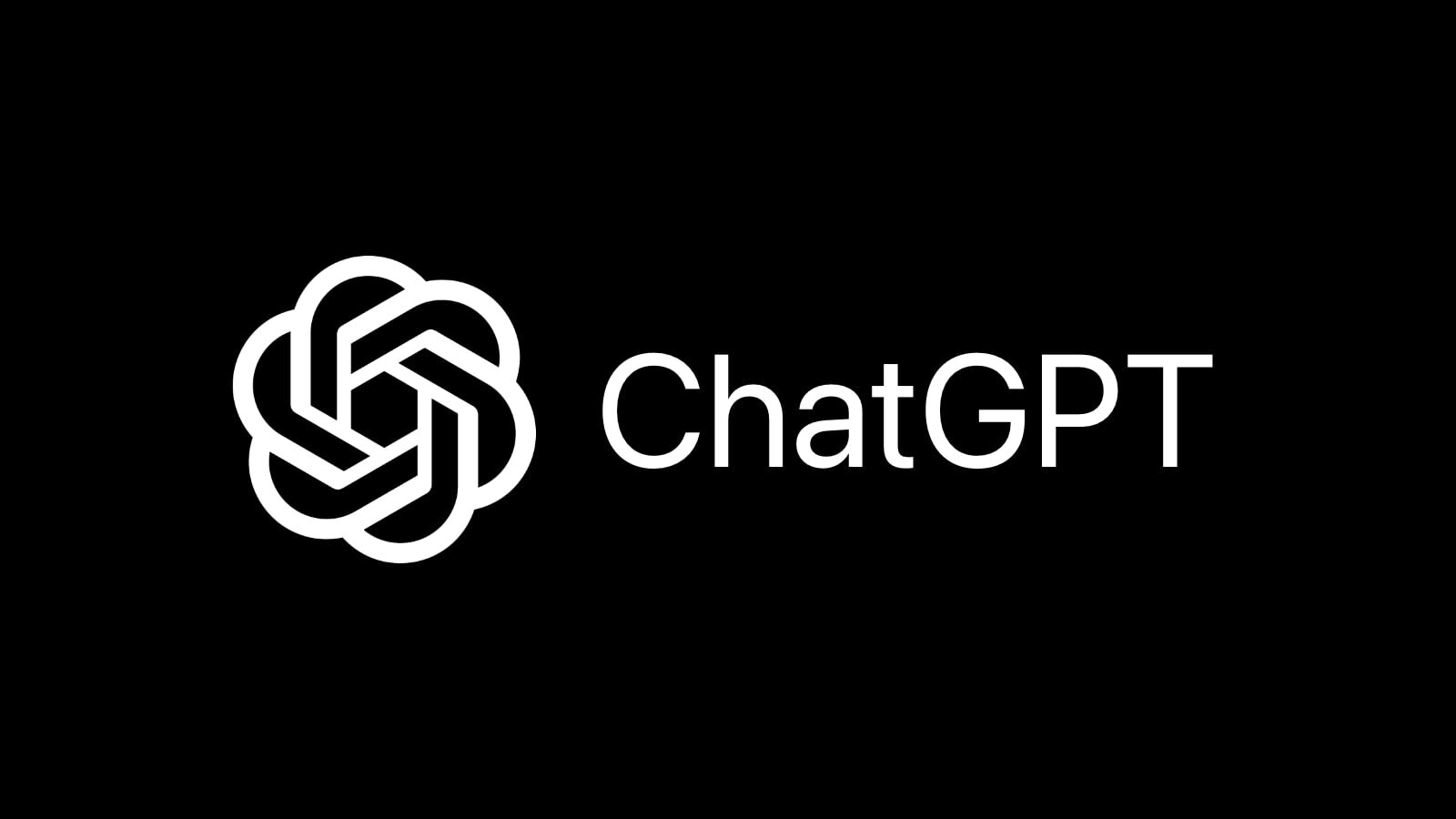
ChatGPT #ChatGPT
ChatGPT is a sophisticated artificial intelligence chatbot developed by OpenAI, designed to engage in human-like conversations. It leverages advanced natural language processing and machine learning techniques, drawing upon vast amounts of text data to understand and generate responses to a wide range of prompts and questions. This allows ChatGPT to produce diverse written content, from answering queries and summarizing information to drafting articles, code, and creative pieces, making it a versatile tool for communication, information retrieval, and content generation across numerous applications.
-
ChatGPT can remember more about you than ever before – should you be worried?
-
ICYMI: the 8 biggest tech stories of the week, from new ChatGPT upgrades to Polaroid's latest instant camera
-
You can't hide from ChatGPT – new viral AI challenge can geo-locate you from almost any photo – we tried it and it's wild and worrisome
-
Avoiding ChatGPT won't keep OpenAI from infusing its AI models into your life
-
OpenAI Launches New Coding-Focused GPT-4.1 Models
-
Announcing the GPT-4.1 model series for Azure AI Foundry developers
-
OpenAI promises new ChatGPT features this week – all the latest as Sam Altman says ‘we've got a lot of good stuff for you this coming’
-
ChatGPT's memory upgrade might just be the biggest AI improvement we see all year
-
ChatGPT Gets Better at Remembering Info About You With Memory Improvements
- 1 comment
- 180 views
-
ChatGPT free users, look away now! OpenAI is testing watermarks on image generation that could render the feature redundant unless you pay
-
ChatGPT subscribers are getting frustrated with Sora restrictions and OpenAI outages – and I can't blame them
-
Meta launches new Llama 4 AI for all your apps, but it still feels limited compared to what ChatGPT and Gemini can do
-
ChatGPT-5 is on hold as OpenAI changes plans and releases new o3 and o4-mini models
-
Raspberry Pi and ChatGPT bring AI conversations to your retro rotary phone
-
ChatGPT Now Integrates Directly with Xcode and VS Code on Mac
-
Grok 3 vs. DeepSeek vs. ChatGPT: The Best AI Model for Developers and Businesses
-
DeepSeek vs ChatGPT: Why ChatGPT Still Leads the AI
-
Want to Use ChatGPT Like a Pro? These Courses Can Help
- 1 comment
- 39 views
-
Is ChatGPT Pro Worth The $200 Per Month?
- 1 comment
- 38 views
-
AI Privacy Policies: Unveiling the Secrets Behind ChatGPT, Gemini, and Claude


.png.6dd3056f38e93712a18d153891e8e0fc.png.1dbd1e5f05de09e66333e631e3342b83.png.933f4dc78ef5a5d2971934bd41ead8a1.png)



.thumb.png.76bbad720e2b8f6c056f54fb105215de.png)



